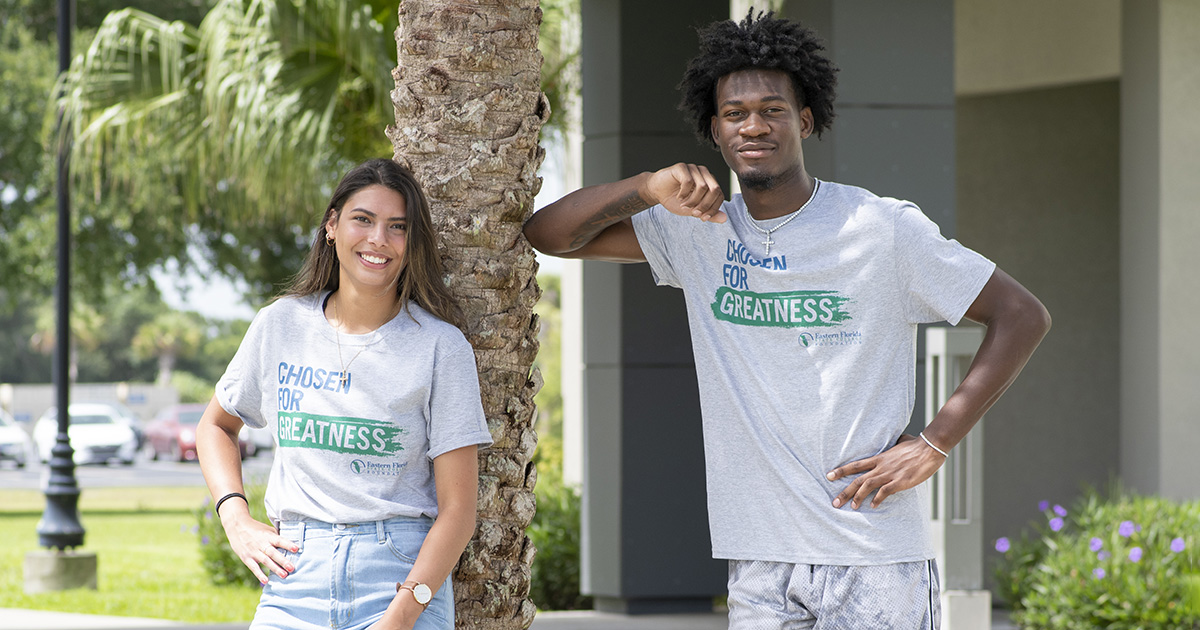As you graduate high school and enter the next phase of life, you’ll face pivotal decisions, including whether to attend a state college or a university. That decision will provide you with knowledge for a career, bring new responsibilities, and help you grow into a full-fledged adult.
For many, this phase includes college. It can be a bit nerve-wracking — trust me I know.
Among the life-altering decisions you face: Do you want to repay student loans for the next 10 to 20 years? Or do you want to save for your degree to avoid taking on unnecessary debt? Should you go to a university or a state or community college?
“It’s more important to grow your income than cut your expenses. It’s more important to grow your spirit than cut your dreams.”
Robert Kiyosaki, “Rich Dad Poor Dad”
This quote helped me realize the value behind my decision to apply to my local college. Here are three other reasons that guided me toward the state college option. Hopefully, this will help you with your big decision.
Financial Aid and Scholarships at a State College vs. University
On social media, I watched a video of a professor explaining the difference between a state college and a university. He said that in the end, the quality of what they learned was the same. The difference was how much money they paid for their education.
I had to sit with that for a minute, before slightly scolding myself for thinking that I’d missed out. I’d be lying if I said I didn’t have doubts about my choice. Seeing my high school peers’ social media posts about the stereotypical university experience made me wonder whether the grass was greener on the other side. However, I didn’t really feel that way when I focused on my blessings.
Avoiding debt was really the main factor in my decision. I’d always hear the typical stories about teachers and doctors in debt. I wanted to stay as far away from debt as I could.
I was finishing up my last semester with my A.A. degree when I needed an elective to graduate. I wanted something fun and not too stressful. In the end, I picked choir. On my first day of class, they gave me papers and told to sign on the dotted line. The next thing I knew, I had received a choral program scholarship. Since I already had money from a grant, the unexpected scholarship was extra pocket money. Scholarships are tougher to get at universities unless you’re an academic protégé or have been playing sports since childhood.
I’m proud to announce that I graduated with my bachelor’s degree debt-free. If anything, I made money going to a state college vs. a university. As wild as it sounds, it’s true.
Class Sizes and Teacher Access
You may have seen a typical college movie where you walk into class and it doesn’t look like a classroom. Instead, it’s more like a giant auditorium with rows on top of rows of seats. Then you see the disorganized teacher in the front explaining that half the class won’t be here for final exams. (As if starting something new at a new place isn’t scary enough.)
I’d hate to pay $500 for a class I later drop because I can’t get the teacher to talk to me, let alone answer my emails.
Maybe that sounds a bit extreme, but I have a friend who unfortunately lived that reality. He couldn’t get into the swing of things, find the balance of the university lifestyle, and ended up dropping out and moving back home to not-so-happy parents.
Another friend painted a picture of her struggles that included 150-plus people in almost every class. One day she’d see her professor, then the next day have a teaching assistant instead. It was confusing.
At my local college, I would have a class of 25 people. State colleges are also more likely to offer classes online. I mainly completed my bachelor’s degree online because it offered me more flexibility with my schedule. After all, I was working and attending school full-time.
I recently started looking into prospects for a master’s degree and unless you choose a fully online university, it’s more difficult to find a program with classes that are available on-campus or online every semester. However, almost every class offered at my state college has the option to take it online as well as in person. Still not convinced? Read on for reason number three.
Building a Supportive Community
Those smaller classes at my state college offered a place for community and networking, so I got to build relationships with my peers and bounce ideas off them.
Your professor can put a face to your name. Plus, it’s not as weird when you ask for a letter of recommendation when you’re trying to get into grad school. Because the professors know you, they can add some substance to your recommendation instead of saying vague things like, “They were a good student.”
If you’re shy and anxious like me, I think you’ll find comfort in the small community at a state college vs. a university.
I had a friend drop out of a club at a university because she was tired of having to reintroduce herself every time she went to an event. In the clubs I’ve been involved in, they greet you like family with a hug and a warm smile. Being part of the African American Student Union (AASU), I was able to really network and go on a cool trip to learn about history. Also, the club had the budget to pay most of my expenses.
When I was a part of the choir, we got an invitation to perform at Disney World. That was the coolest experience ever, singing to an audience next to people who brightened my day every time I went to class.
After working in the Communications Office at my college, I noticed how much the staff really put in the work to create events and keep everyone informed. They really have shown that they care.
So, Should I Attend a State College or a University?
In the end, do what works best for you. Don’t be worried about what you may or may not miss out on or the opinions of people who don’t have the same circumstances as you. Take a chance on you and find out what you want out of your college experience. State college vs. university: In the end, the power to choose is in your hands.
- State College vs. University: Making the Right Decision - July 24, 2024




